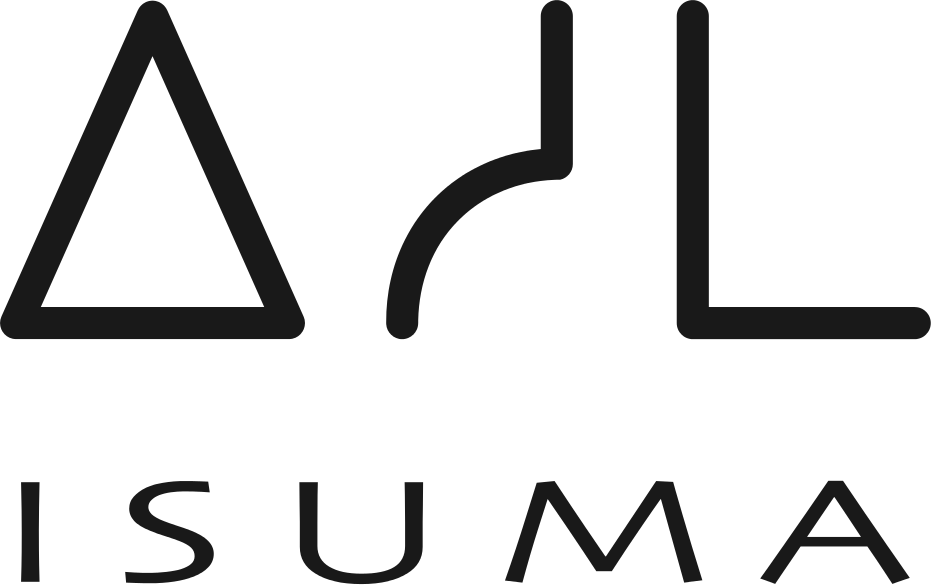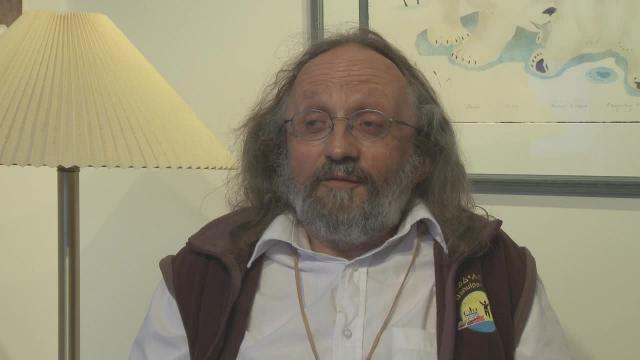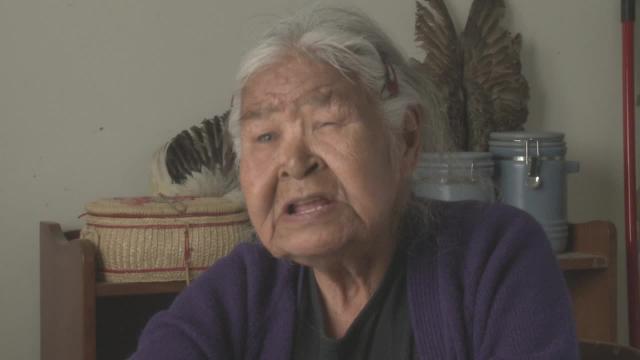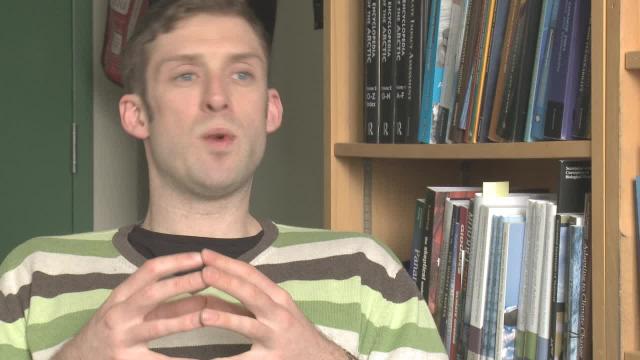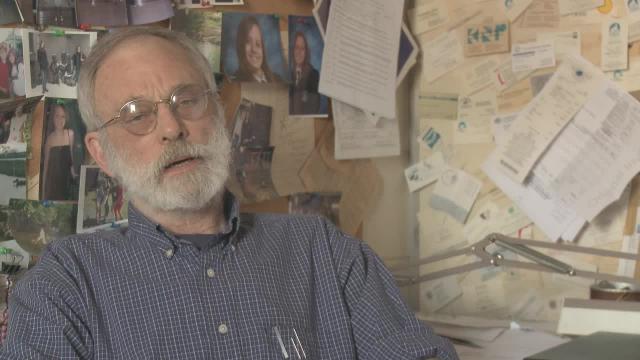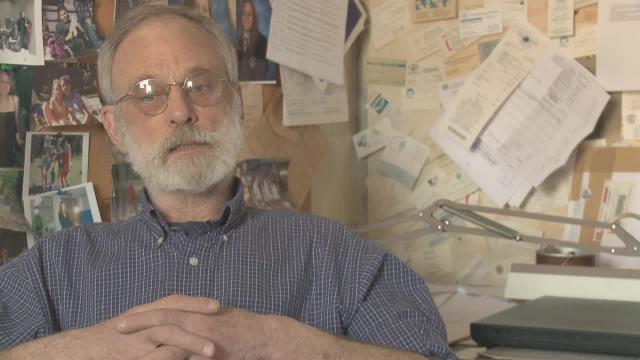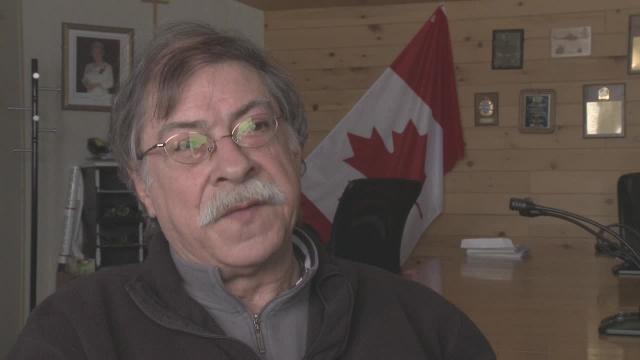More Voices on Inuit Knowledge & Climate Change
Have high-speed internet? Switch to High-Speed
Videos load too SLOW? Switch to Low-Speed
Francois Paulette's Keynote at Health Canada's Pan-Arctic Results Workshop
Francois Paulette delivers his keynote at Health Canada's - First Nation and Inuit Health Branch - Pan-Arctic Results Workshop, held in Ottawa February 7-10, 2011.
Francois - A Dene Suline Elder and Indigenous rights and environmental activist - takes us on a journey of knowledge, starting 1491 the year before the arrival of Europeans, all the way to the present issues related to Alberta's Tar Sands and associated climate change.
He reminds us that life and water are sacred and that we must have respect for them if we are to avoid the "strange happenings" we are seeing around us.
Francois' efforts to protect his home lands and community were recently featured in the CBC Nature of Things documentary "The Tipping Point".
More information about the conference, held in conjunction with The Canadian Society for Circumpolar Health, can be viewed online at:
http://csch.ca/workshop/
